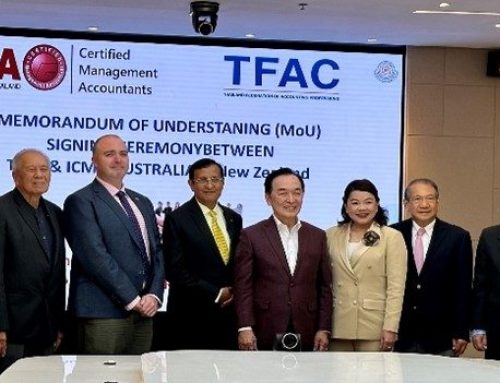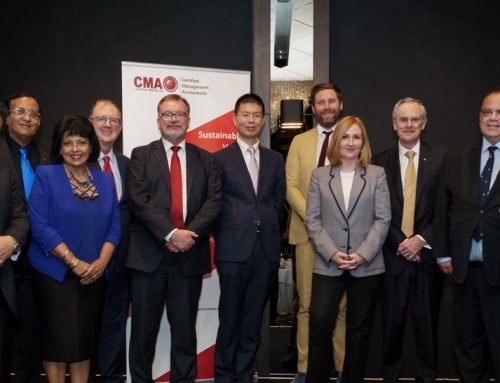“Governments often make funding and other regulatory decisions to support various industries based on faulty cost information that are not subject to any statutory controls. These decisions can amount to millions of dollars of taxpayer funds.”
“Sometimes business decisions and regulatory oversight are intertwined; both require reliable and independently verified cost information”.
As an example, Professor Ratnatunga analyses in some detail the comment made by Qantas’ Chief Executive Officer, Mr. Alan Joyce, who is quoted as saying; “Social distancing on an aircraft is impractical… it would mean that airfares will be eight to nine times more…”
“Claims of exorbitant price increases and the ability to fly such low passenger capacities is an exaggeration by Mr. Joyce” says Professor Ratnatunga.
“It is clearly meant to jolt the government into ‘kowtowing’ to the needs of Qantas’ board and shareholders – rather than the safety of the passengers who elect to fly in an iconic Australian-branded airplane.”
“With other barriers, including face masks and plastic screens between seats, the load capacity can be significantly increased to around 70-75% of full capacity.”
Using peer reviewed formulae, he shows that, a Boeing 737 between Sydney and Melbourne would cost just A$60 per seat for a one-way flight; and an Airbus A380 between Sydney and Dallas (USA) it would cost A$385; and that the average cost increases per seat at 60% of full capacity would be A$40 per seat and A$641 respectively.
“These are costs not ticket prices. These increases would not translate to ‘eye-watering’ price increases as claimed by Qantas.”
“Qantas’ strategy in putting profit before the safety of their customers is no different to the recent corporate scandal at Boeing; where it used the MCAS software in its 737 Max as a cost minimizing way to fix a nagging design problem. As the FAA had ‘delegated’ safety checking to Boeing, it ‘self-approved’ its own faulty design.”
“By putting short-term profit ahead of social responsibility; Boeing, once-venerated for the safety and integrity of their aircraft, may well go into liquidation for the loss of this reputation.
Qantas, is at a watershed moment. It has an enviable reputation for safety built over exactly hundred years. It could all be lost if it chases profits by putting its customers and crew at risk of infection.
The Australian government has an important role to play in this saga. It can “delegate” in-cabin social distancing decisions to the aviation industry; or develop regulation to ensure that its citizens are protected when they fly.
[ends]For further comment on the above topic, please contact:
Prof Janek Ratnatunga
CEO, ICMA Australia
Mobile: +61432758380
Email: [email protected]
About the Author
Professor Janek Ratnatunga is the CEO of the Institute of Certified Management Accountants, Australia. He has held senior appointments at the University of South Australia, Monash University, University of Melbourne, and the Australian National University in Australia; and the Universities of Washington, Richmond and Rhode Island in the USA. Prior to his academic career he worked as a chartered accountant with KPMG. He has also been a consultant to many large Australian and international companies and to the World Bank.



Stay In Touch